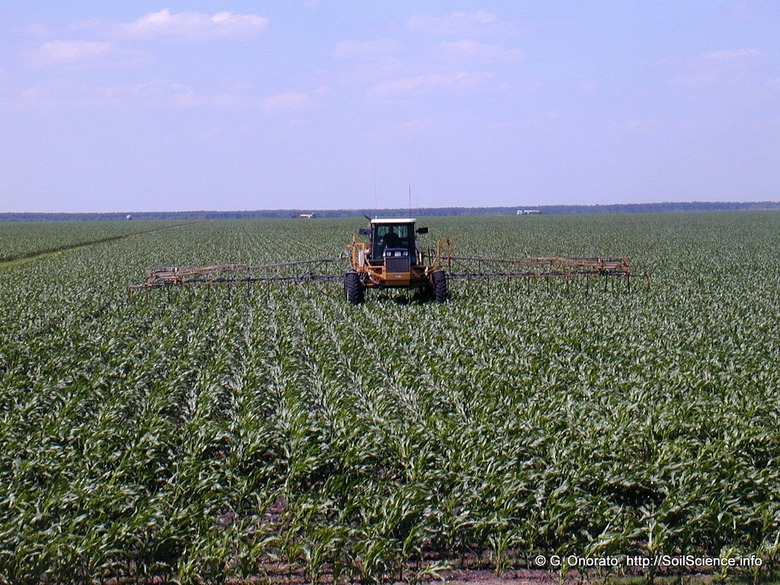Monsanto Denies Manipulating Research On Safety Of Glyphosate
A recent lawsuit against agritech company Monsanto has unveiled seemingly duplicitous internal emails between company executives that suggest Monsanto tried to ghostwrite research that confirmed the safety of glyphosate in order to "keep the cost down." Glyphosate is the controversial ingredient in Roundup, the Monsanto-produced herbicide that has been labeled a probable carcinogen by the International Agency for Research on Cancer but deemed safe by other food safety agencies.
Despite the ongoing lawsuit, Monsanto provided a detailed defense of both its company ethics policies and the safety of glyphosate.
"Science is always a collaborative process. Our scientists often exchange ideas with, provide information to, and collaborate with third-party experts," Monsanto representative Christi M Dixon told The Daily Meal in an email interview. "Plaintiffs' attorneys have cherry picked a single email — out of more than 10 million pages of documents produced — to allege that Monsanto scientists ghostwrote ... a paper on glyphosate safety. These allegations are false. ... The paper underwent the journal's rigorous peer review process before it was published."
Dixon went on to explain that Dr. William Heydens, who wrote the original email that seemed to suggest ghostwriting, was listed in the acknowledgments section of the 2000 paper in the journal Regulatory Toxicology & Pharmacology. Monsanto acknowledged that Heydens referred to his contributions as "ghostwriting" in the emails, but explains that he testified under oath that he only made some "minor contributions" which included "editing for formatting, just for clarity, really just for overall readability."
Monsanto offered little comment regarding accusations that the company appeared to — from the email evidence provided — have a "cozy" relationship with Environmental Protection Agency regulator Jess Rowland, simply stating: "The EPA was concerned about ATSDR [Agency for Toxic Substances and Disease Registry] starting a duplicative safety analysis of glyphosate without realizing that EPA was already far along in its own comprehensive safety analysis. It's important to look at the paragraphs surrounding this statement."
As for the safety of glyphosate itself — which was the subject of the lawsuit at hand, filed by multiple California cancer victims — Monsanto provided a defensive retort, stating: "Glyphosate-based herbicides, including Roundup branded herbicides, have a 40-year history of safe use. No regulatory agency in the world considers glyphosate a carcinogen."
Dixon dismissed the United Nations' 2015 report that has pinpointed glyphosate as a probable carcinogen, referring to the International Agency for Research on Cancer as an "ad hoc working group." The IARC is, in fact, a branch of the World Health Organization, a specialized agency within the United Nations that focuses on international public health issues.
The most recent report from the United Nations published at the Human Rights Council last month refers to glyphosate as "less toxic and persistent compared to traditional herbicides" but notes: "There is considerable disagreement over the impact of glyphosate on the environment: Studies have indicated negative impacts on biodiversity, wildlife, and soil nutrient content. There are also concerns regarding human health. In 2015, WHO announced that glyphosate was a probable carcinogen."
